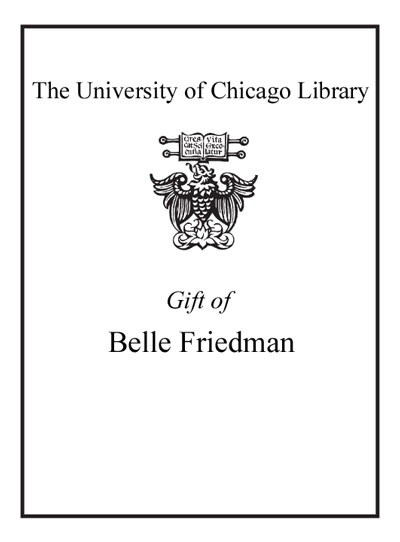| Summary: | Scientific breakthroughs have had far-reaching social and physical effects on modern civilization - yet until recently there have been relatively few investigations into the nature of scientific creativity itself. Flight from Wonder reports findings from an empirical study of 45 Nobel laureates from the United States and Europe concerning the creative processes that yield scientific innovation and discovery. Albert Rothenberg delineates for the first time the content and sequences of processes that lead scientists to specific creative achievements. His method compares interview responses from Nobel laureates in the fields of medicine, physiology, physics, and chemistry to those from a control group consisting of twelve accomplished engineers on the faculty of a leading engineering university. The results indicate that the Nobel laureates use three distinct cognitive creative processes to achieve key formulations and discoveries - the detailed nature and structure of which were reviewed and corroborated by the laureates. Rothenberg also explores autobiographical accounts and work-in-progress manuscripts pertaining to the creative discoveries of outstanding scientists of the past, including Albert Einstein, Charles Darwin, Max Planck, Niels Bohr, Hideki Yukawa, and James Watson. Rothenberg's work offers valuable context to researchers, students, and general readers fascinated by the development of scientific inquiry, innovation, and creativity more broadly. -- from dust jacket.
|
|---|

